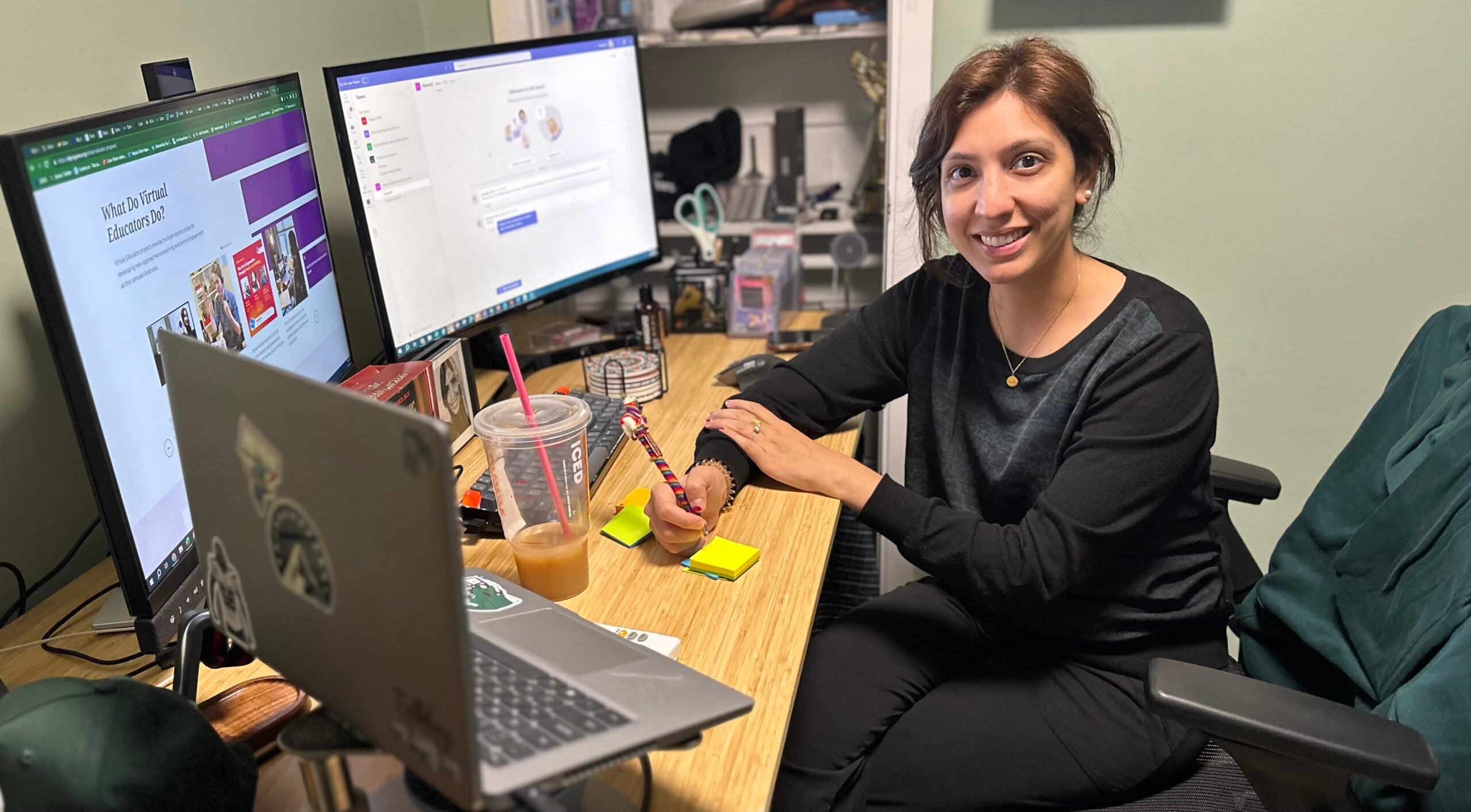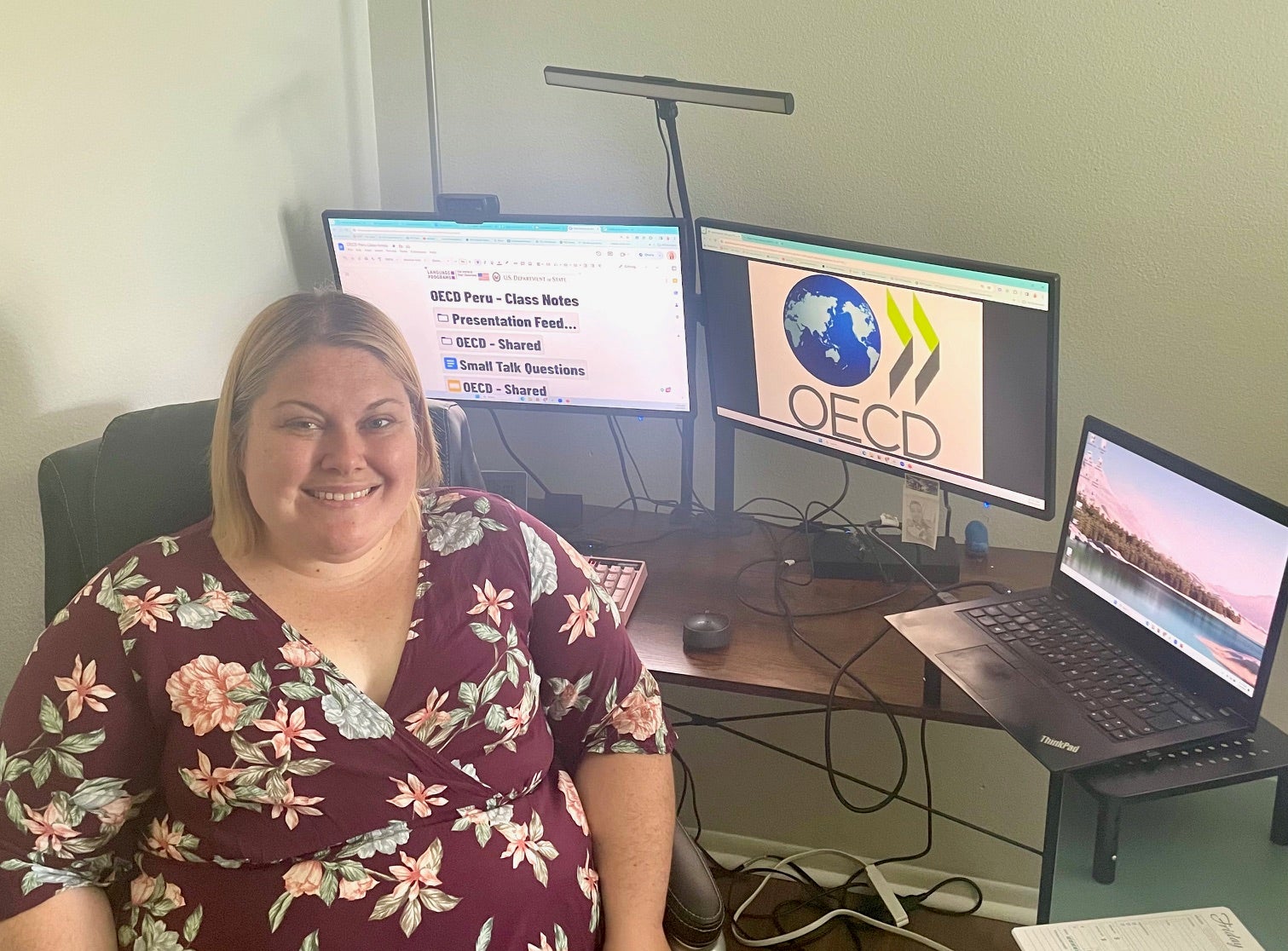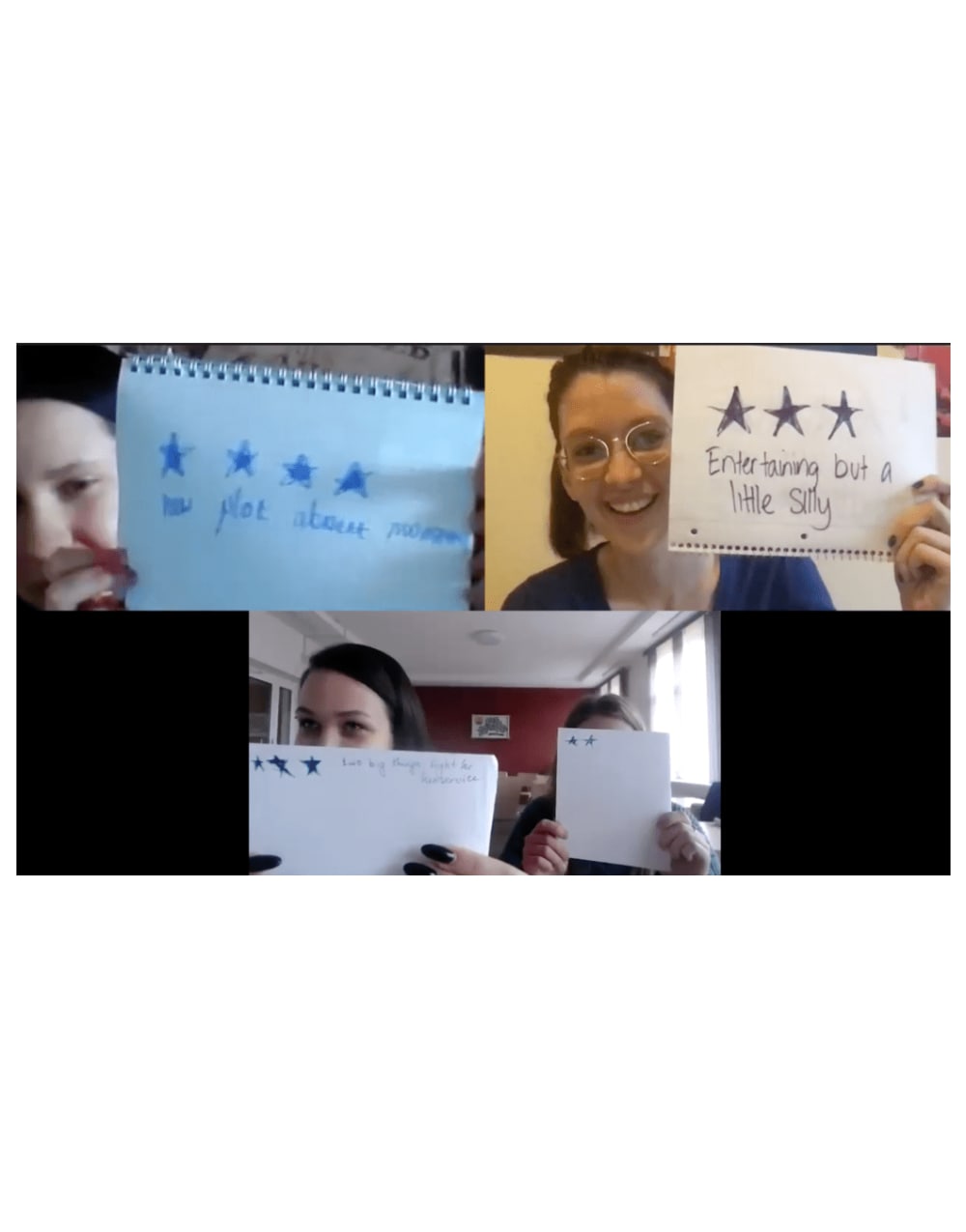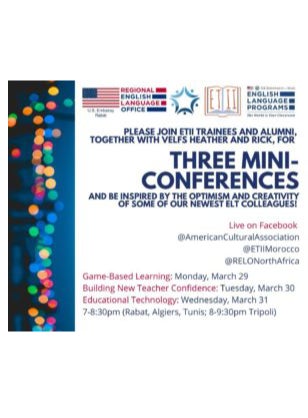
Virtual Educator Program
Virtual Educators are experienced and dedicated English language educators with an MA, preferably in TESOL or a related field. Virtual Educator projects range in length from a few weeks to a semester. Projects include online English language teaching, teacher training, and cultural exchange.
What Do Virtual Educators Do?
Virtual Educator Program
Benefits
- Overview
- Stipend
- Planning Supplements
- Virtual Activities Allowance
- Professional Benefits
Virtual English Language Educators receive a generous benefits package for the valuable role they play in U.S. Embassy programming, and in achieving U.S. Department of State public diplomacy goals.
The final benefits package is outlined in the agreement Virtual Educators receive from the program.
Refer to the Virtual English Language Educator Program Policy Handbook for more information on taxes and withholdings, and the benefits that are considered taxable income. Virtual Educators are not employed by the U.S. government, the cooperating agency, or any agency or government of the country(ies) of assignment. Virtual Educators are considered grantees and, for tax purposes, suppliers or independent contractors.
Virtual Educators receive an hourly stipend for contact hours of $35, deposited directly into their U.S. bank account, according to the payment schedule laid out in their agreement.
Virtual Educators receive funds to support their planning and preparation before and during the project period.
Funds are available for Virtual Educators to supplement and enhance project activities such as:
- Attending pre-project orientation events
- Implementing ad hoc, online cultural activities at the request of the local U.S. Embassy
- Participating in regional events
- Purchasing materials required for the project, such as new subscriptions to video/web conferencing services, specialized software, or computer peripherals necessary to deliver quality online instruction
The Virtual English Language Educator Program provides numerous professional benefits.
- All Virtual Educators are provided a virtual pre-project orientation, with modules about facilitating teacher training online.
- Through their projects, Virtual Educators often have opportunities to expand their professional skills, for example by designing and teaching an advanced methodology course or giving plenary presentations at national conferences.
- Virtual Educators are members of the English Language Programs online Community of Practice, with access to resources, discussions, online webinar events including Specialist Master Classes, and numerous networking opportunities among current participants and alumni.
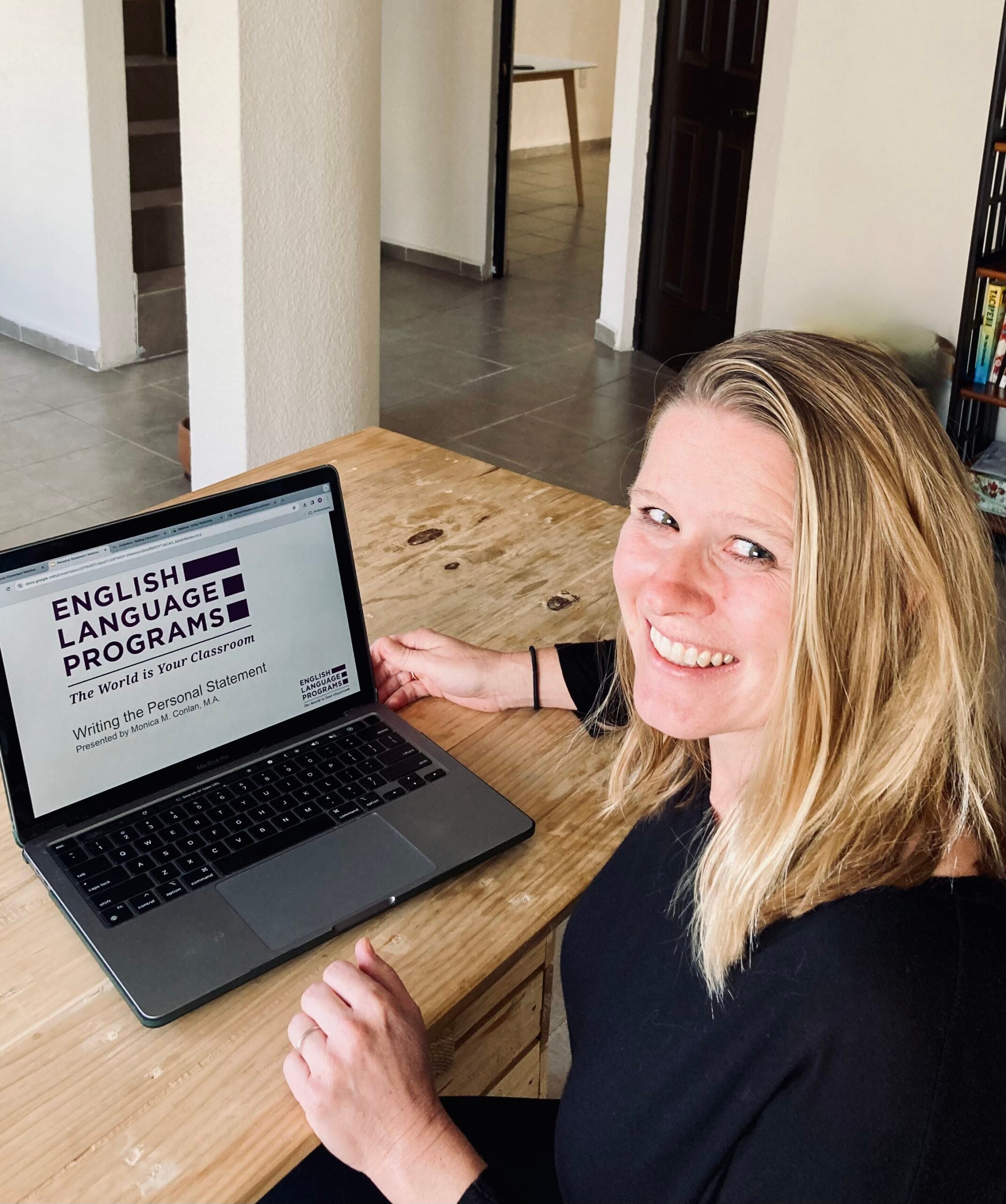
Learn More
The following page provides detailed information about eligibility and the application process.


